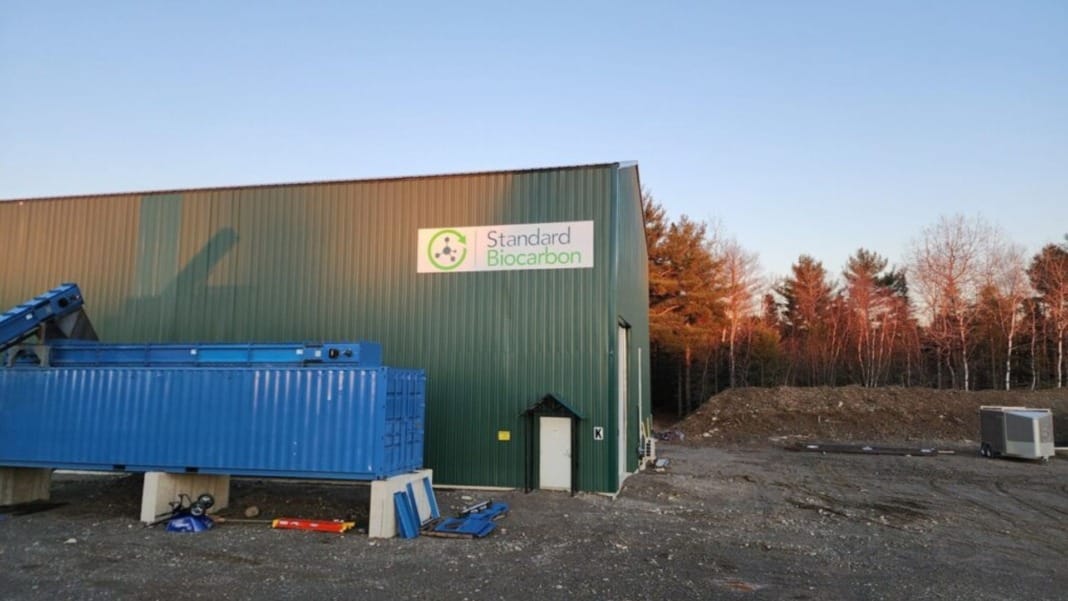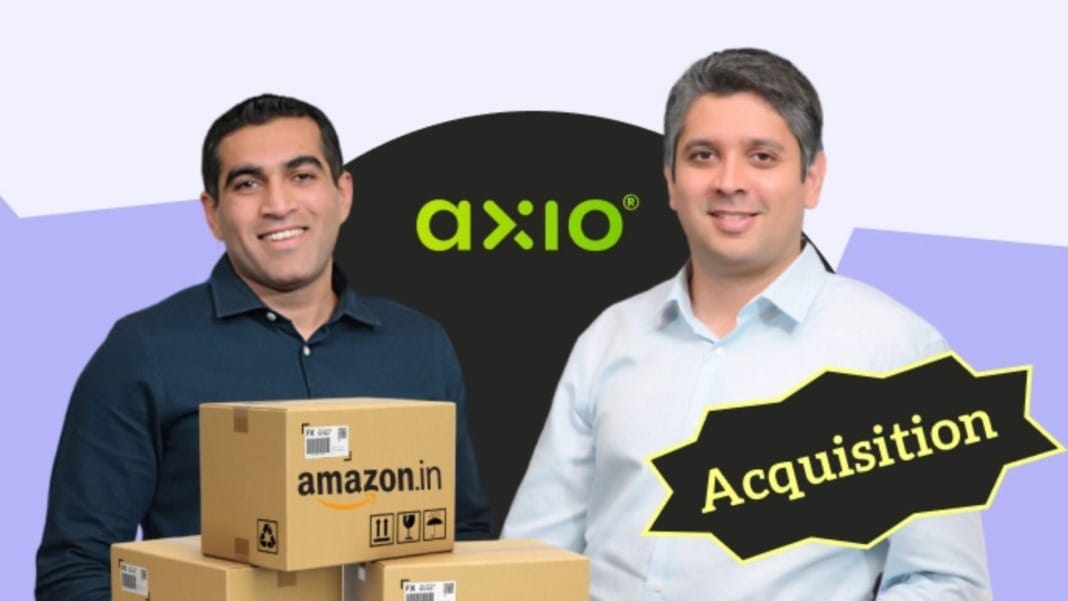Google has struck a groundbreaking agreement with Indian startup Varaha to purchase 100,000 tons of carbon dioxide removal credits. This marks Google’s first collaboration with a carbon project in India and the largest deal involving biochar, often called “black gold” for its soil-enhancing properties.
Under the agreement, the credits will be supplied by 2030 from Varaha’s industrial biochar facility in Gujarat, western India. While the financial details of the arrangement remain undisclosed, this deal highlights Google’s commitment to supporting innovative carbon removal solutions. Varaha is currently the only Indian company listed on the global carbon removal standard and registry platform Puro.Earth.
What is biochar, and how is it produced?
Biochar is a carbon-rich material created by burning organic waste, such as crop residue, under low-oxygen conditions—a process known as pyrolysis. It can be produced using two methods: artisanal and industrial.
- Artisanal biochar is made by farmers using simple conical flasks without machinery. This method is community-driven and labour-intensive.
- Industrial biochar, in contrast, is created on a much larger scale, using reactors capable of processing 50–60 tons of biomass daily.
Varaha’s project utilises industrial methods, focusing on processing Prosopis Juliflora, an invasive plant species that negatively impacts Gujarat’s biodiversity and livestock grazing areas. By removing the plant, Varaha aims to restore native grasslands while converting the biomass into biochar.
A long-term solution with global implications
The permanence of carbon removal through biochar depends on various factors, ranging from its production process to environmental conditions. Scientific studies estimate that biochar can lock carbon in the soil for 1,000 to 2,500 years, making it a promising long-term solution for combating climate change.
Once the biochar is produced, third-party auditors will verify the process and submit their findings to Puro.Earth. This ensures the credits meet international standards and reflect actual carbon removal.
Why carbon credits matter
Carbon credits allow businesses to offset their emissions by funding activities that remove greenhouse gases from the atmosphere. The effectiveness of such programs hinges on the duration of carbon storage, often referred to as “permanence.” Greenhouse gases can remain in the atmosphere for hundreds or even thousands of years, so any offset solution must promise a similarly long-lasting impact.
This collaboration between Google and Varaha represents a significant step towards scalable carbon removal solutions. By investing in biochar, Google is contributing to innovative efforts that reduce emissions and promote biodiversity and sustainable land use in India.





